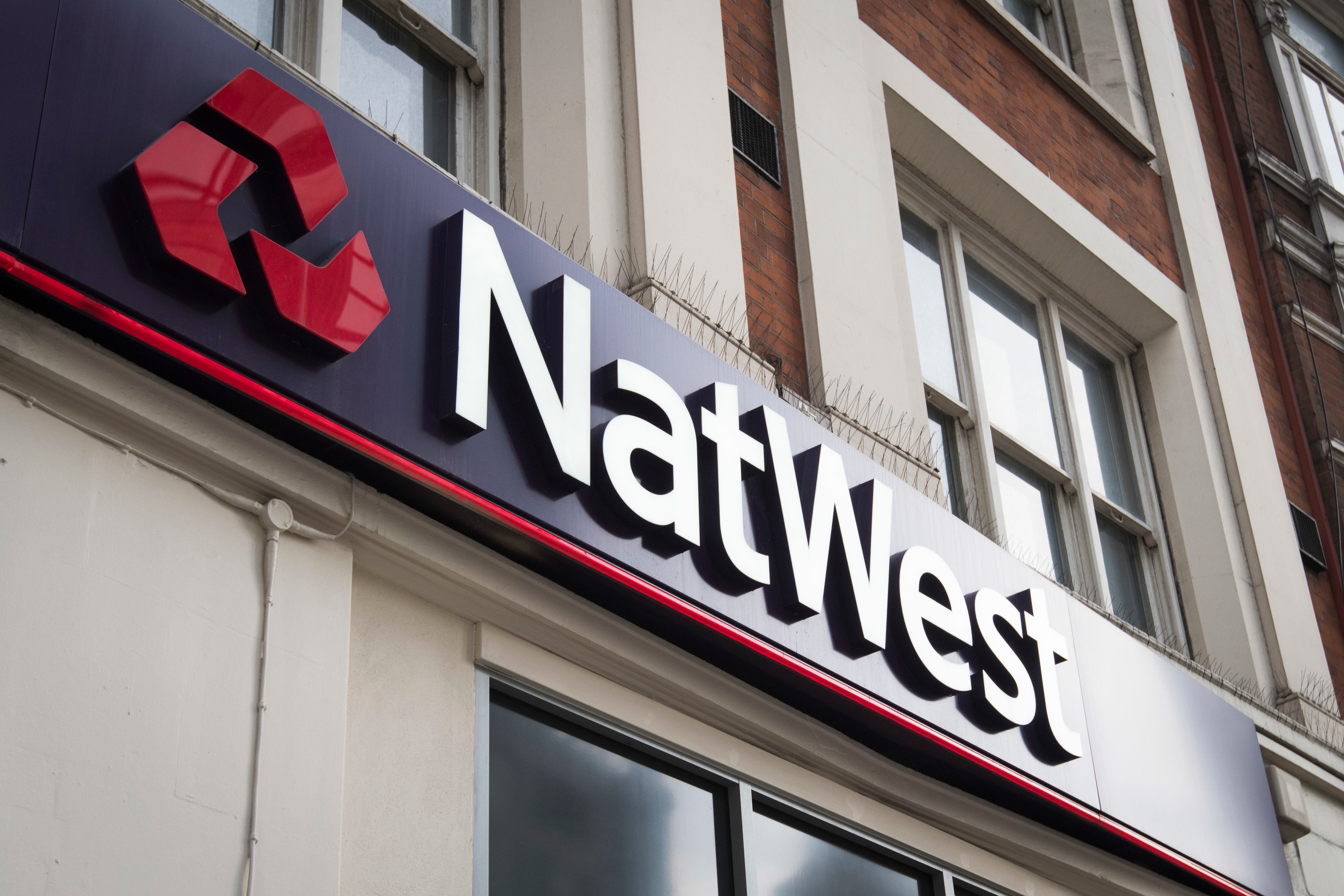NatWest limits cryptocurrency payments amid scam concerns
A daily limit of £1,000 and a limit of £5,000 over a 30-day period are being implemented by the bank.

NatWest is imposing cryptocurrency payment limits amid concerns over rising numbers of scams.
The cost-of-living crisis is also having an impact, with promises of high returns used by criminals to entice investors, the bank said.
A daily limit of £1,000 and a limit of £5,000 over a 30-day period are being implemented to help protect customers from losing life-changing sums of money.
Cryptocurrency investments are often made through legitimate exchange platforms, allowing customers to buy, sell or exchange cryptocurrencies for other digital currency or traditional currency, NatWest said.
We have seen an increase in the number of scams using cryptocurrency exchanges and we are acting to protect our customers
It added that criminals play on a lack of understanding of how cryptocurrency markets work and their unpredictability, to encourage investors to transfer money to exchanges, which are often set up in the customer’s own name by the criminal or by the victim, under duress from the criminal.
Stuart Skinner, head of fraud protection NatWest, said: “We have seen an increase in the number of scams using cryptocurrency exchanges and we are acting to protect our customers.”
NatWest has some tips to help avoid becoming the victim of a cryptocurrency scam:
1. Never share the password of your crypto wallet with anyone, even if your crytocurrency contact/investor says they need it to deposit money into your wallet.
2. Read all the information slowly. Do not be rushed into making an investment due to the volatility of the market. This is an opportunity to look out for typos and grammatical mistakes on a fake website.
3. Beware of giveaways. Crypto-criminals use fake messages from well-known companies and celebrities promoting giveaways to fake accounts. They will often have fake positive responses within the advertisement which make it seem more legitimate.
Bookmark popover
Removed from bookmarks